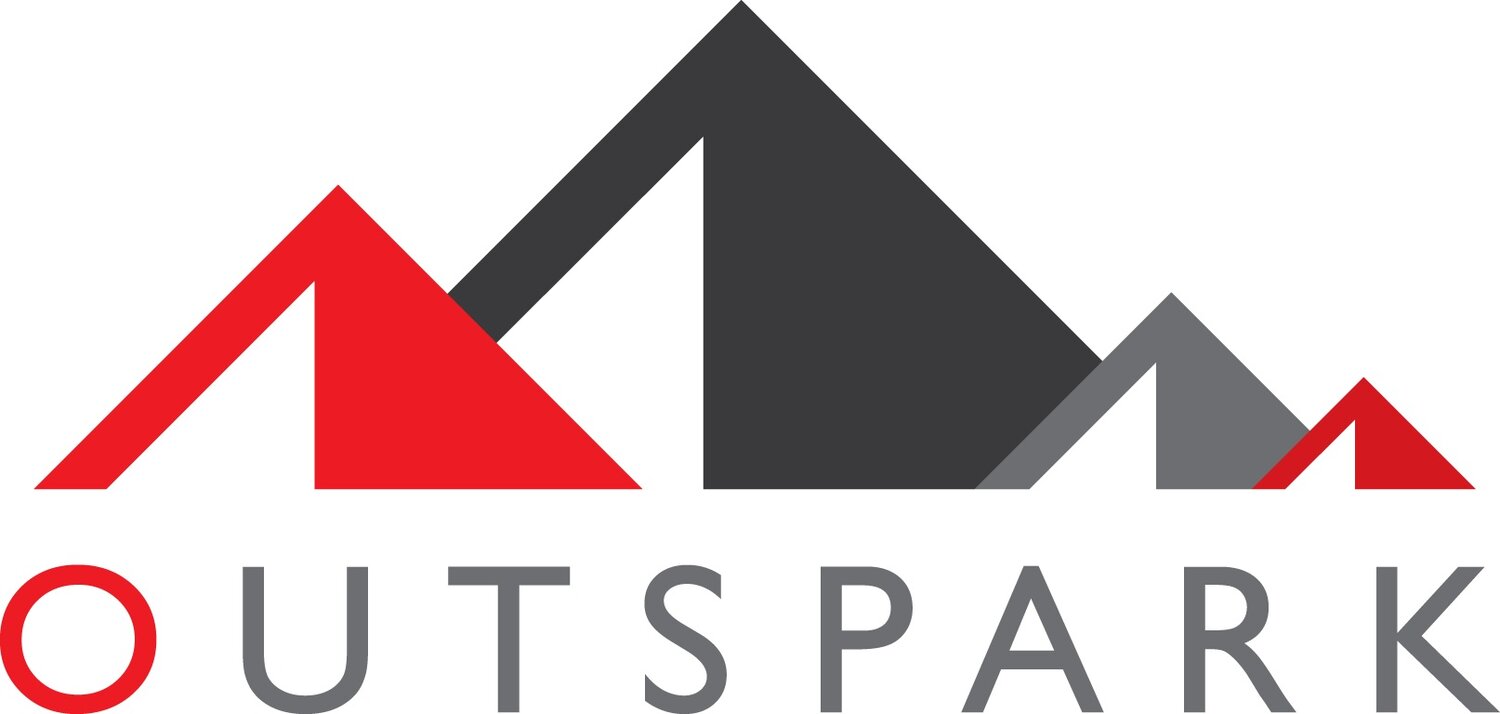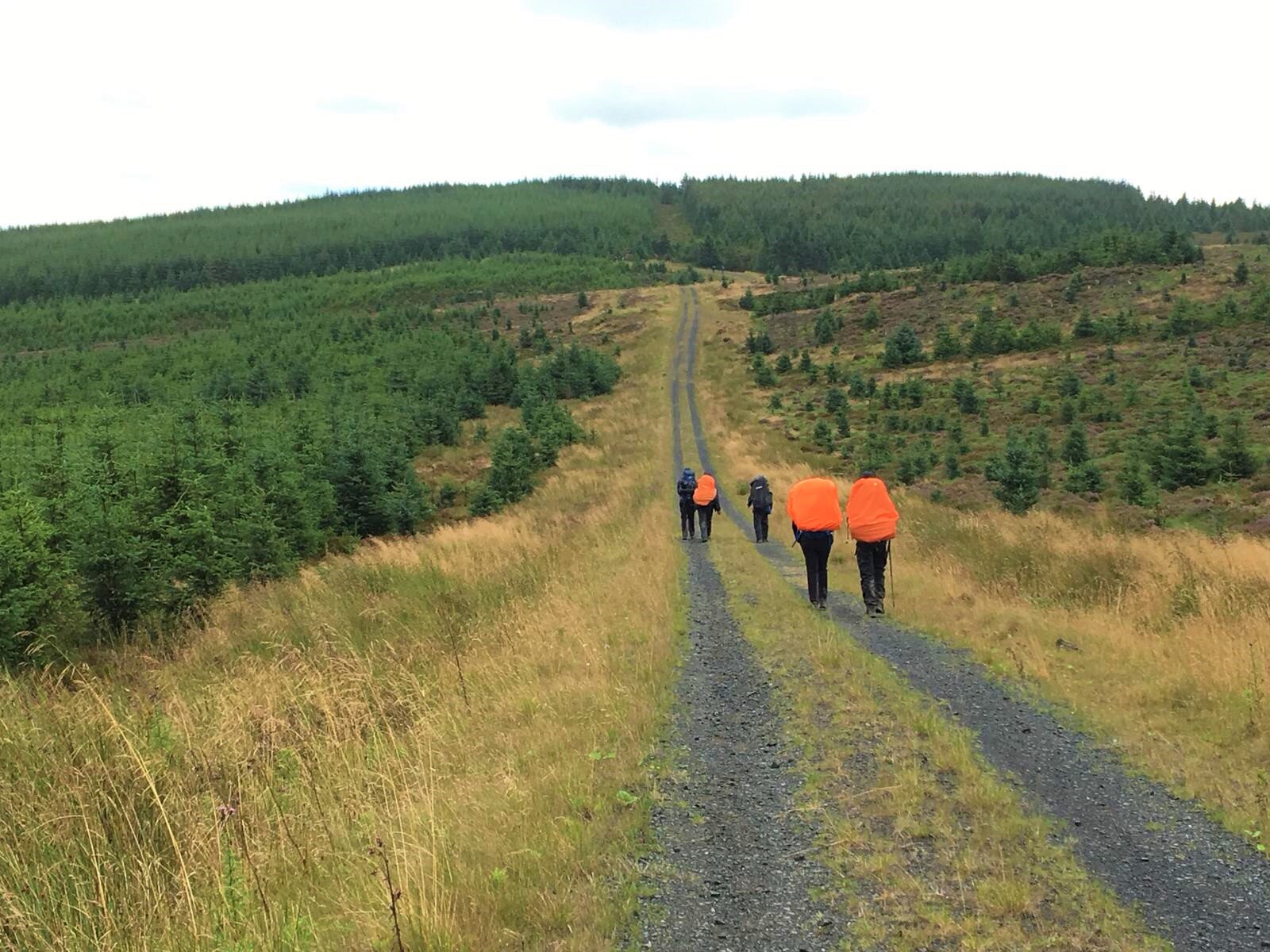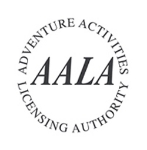in school
Outspark staff will run a school assembly for the participating year group outlining the program, content of the expedition weekends, equipment needed and expected outcomes.
The teams for the course (typically groups of seven) will be formed and Outspark staff will meet with each group answering questions, giving advice on kit, food and general readiness for the first weekend. A checklist will be provided and the participants medical and dietary requirements will be collected and checked.
The time before the expeditions should be practical and informative, but also to bolster confidence, build excitement and maximise participation.
training & Practice
Schools have some choice around how the training and practice is conducted at Silver level. Outspark can provide a training day at the school, followed by a three-day, two-night practice expedition. Or the training day can be incorporated in to a single four-day, three-night training and practice event.
The expedition can be in either a lowland area such as the South Downs, Chiltern Hills or New Forest. Or – at an additional cost – can be run in more challenging terrain such as the Brecon Beacons or Exmoor.
Whichever the location, the Silver course starts by recapping lessons learnt at Bronze level, and adds skills that increase independence whilst on the expedition. These skills include navigation in more challenging terrain, in-depth first aid training and how to deal with emergencies if they occur.
The group will camp at a different location each night, looking after their equipment and cooking their meals together. Each day will include a 15 – 20 kilometre walk, with the Outspark staff providing guidance, support and advice.
By the end of the training and practice, each young person should feel confident looking after themselves during a multi-night expedition with far less input than during the Bronze D of E program.
qualifying
The Qualifying expedition takes place over three-days and two-nights. The group plan their own route, take ownership for their equipment and carry with them everything they need for three days out in the wilds.
During the assessment process, the assessor will check-in with the group on fewer occasions than with the Bronze award. The hope is the group have increased their independence and resilience throughout the training and practice events and can walk for longer durations without support.
The Silver award is fun, challenging, developmental and promotes good health, independence and resilience. Following the assessment, the hope is that some of the young people may choose to push themselves further again and advance to the Gold award.



